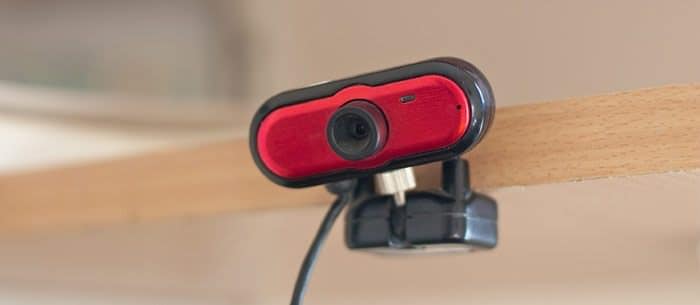Nanny cameras, commonly referred to as nanny cams, have gained significant recognition and caused more than a few eyebrow raises in the last few years. News stories about nanny cams catching nannies “in the act” have caused many parents to buy a nanny cam of their own to keep an eye on things. If your family is considering a nanny cam, here are some factors to consider.
What Is a Nanny Cam?
As the name suggests, nanny cams are cameras placed in a house to keep an eye on your nanny, babysitter or au pair and your children. Typically, they are installed in strategic locations throughout the home to get a clear view of your nanny and child and, in many cases, the camera is hidden in an object or out of sight.
Nanny cams also aren’t just for nannies. You can also use them to monitor pet sitters and housekeepers who visit your home while you’re not around. Many day cares have similar surveillance systems in place.
What Nanny Cam Laws Should I Know?
It can be difficult to make the decision to purchase a camera, but if you choose to, it’s important to know the legalities. Families can choose whether or not to tell their caregiver that they have a nanny cam. And there are two types of laws you need to be aware of: ones for video surveillance and ones for audio recordings.
- Video surveillance laws: It’s legal to install a nanny cam in all 50 states, even if you choose to videotape your nanny without her consent. However, you can’t tape her in private areas of your home, such as the bathroom or a live-in nanny’s bedroom. If you do install a nanny cam, be sure to do so in common spaces, such as the kitchen or playroom.
- Speech laws: While you can videotape your nanny, several states have laws to protect against audio recordings. If you live in California, Connecticut, Delaware, Florida, Hawaii, Illinois, Louisiana, Maryland, Massachusetts, Montana, Nevada, New Hampshire, Oregon, Pennsylvania or Washington, you must notify your nanny if you have a nanny cam that records both audio and video. Not only could you be prosecuted for violating this law, but any evidence of abuse or neglect found on the tape could be inadmissible during legal proceedings.
What Are the Benefits of Installing a Nanny Cam?
The main benefit of a nanny cam is getting assurance that your children are being cared for effectively and safely. Trusting a near-stranger with your children can be extremely difficult, and a nanny cam can help you be sure you hired a responsible and honest caregiver.
It also might be a good way to spot things that you and your nanny need to chat about. For example, if you see her spending a lot of time texting, you may want to come up with an agreement where she only texts when the kids are napping. Do your kids seem to be playing indoors too much? Maybe they need frequent trips to the park.
Nanny cams can also help you keep tabs on your children when you’re not home. Because you can’t be there at all times to care for your children, a nanny cam allows you to watch them as if you were. It also offers you the opportunity to observe events in your children’s lives, as well as see how they are learning and developing.
What Are the Risks of Installing a Nanny Cam?
Beyond the legal issues surrounding the installation of a nanny cam, you should also consider the ethical implications of such a device. If your nanny finds a hidden nanny cam, it’s likely that your relationship will be harmed or she may even quit.
You may want to have a discussion with your nanny before you install the camera. Let her know why you’re doing it and address any concerns she may have. She may be worried about winding up on YouTube. Who has access to the video? What do you do with the recordings after watching them? Maybe you agree to have the nanny cam in place temporarily for a few weeks or months as you’re building trust, then reassess later on. This also is a great thing to talk about when you’re interviewing potential new nannies.
Even if you do decide to install a nanny cam, you should still communicate with your nanny daily. Talk about what she and your children did that day, any issues that came up, plans for the following day, etc. And if a nanny makes you feel uneasy and you don’t trust her to be with your kids without a camera, then she may not be the right caregiver for you and your family in the first place.
